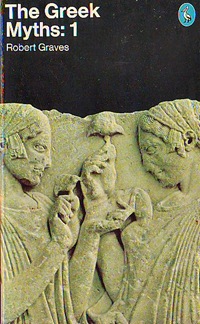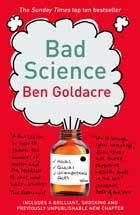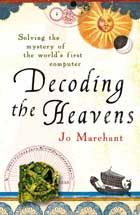In 2007 Scandic Hotels decided that it will no longer be carrying bibles in their guestrooms (via Hotelchatter & Sydsvenskan) but after “massive” protests the bibles were replaced. Now the hotel chain Ibis has decided to remove the bibles since they are offensive to others (Dagen).
I would rather have free wifi than a bible but I guess there will be “massive” protests. The problem with massive in this scenario is that the majority couldn’t give a damn while the minority is the loudest…
Seriously even if you are a believer, even if you are a believer in any form of the new testament – what does it matter if there is no bible in the hotelroom? Why are believers in a loving god so intolerant of the rest of us? If they are right then we go to hell – so what? we don’t believe in it…
If it is your favorite book then carry your own! Everyone else has to.


















